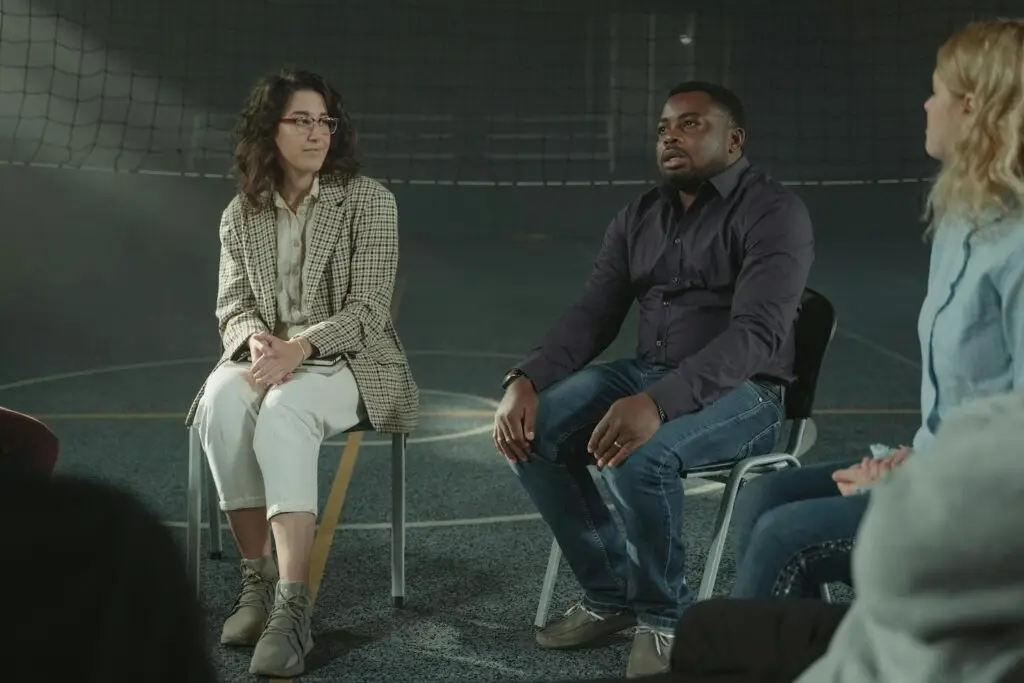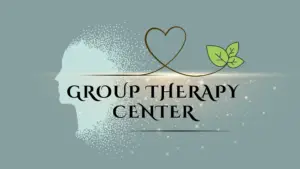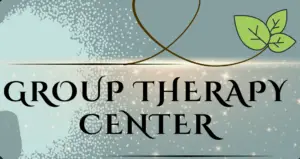Your Therapy Group is Over. Now What?

Your Therapy Group is Over. Now What?
Written by: Sabriya Charles, MA, NCC, Registered Mental Health Counselor Intern | Fruits of Freedom Counseling
So, your group therapy journey has wrapped up. First, let’s take a moment to celebrate your commitment to growth and healing because it’s a big deal! Group therapy can be an empowering experience, providing insights, connections, and tools to help you navigate life’s challenges. But now that it’s over, you might wonder, “What’s next?” Don’t worry, we have got you covered.
Here are some ideas to keep the post-group energy on fire:
1. Reflect on What You’ve Learned
Take time to journal or think about what you gained from the experience. What insights resonated with you the most? Which skills or tools worked? Which ones did not work? Did anything stick out that really changed you? Reflection solidifies learning and ensures you can apply it moving forward.
2. Practice What You Learned!
Group therapy likely equipped you with practical coping strategies to face your issue. Whether you learned skills from your facilitator or your group peers, you have new ways to show up in the world. Now’s the time to put those skills to work in your day-to-day life. Whether it’s mindfulness, boundary setting, or assertive communication, consistency is key.
3. Keep the Connections Going
If you made connections in the group that feel supportive and safe, consider reaching out to continue the relationship if it is appropriate. It might be best that you meet with the group as subgroup instead of 1:1 connections for safety and comfort but do what is best for you.
4. Consider Individual Therapy
If you want to dive deeper into personal work, transitioning to individual therapy can be a great next step. It offers a space tailored specifically to your needs and goals, building on the foundation from your group experience.
5. Join a New Group
If you enjoyed the group dynamic, explore other groups that align with your interests or needs. Whether it’s another therapy group, a book club, or a yoga class, finding a community where you feel connected can help sustain your progress.
6. Focus on Self-Care
Ending a meaningful experience can bring up a mix of emotions like grief, gratitude, or even uncertainty. Prioritize self-care to navigate this transition. Listen to what your body and mind need, whether it’s rest, movement, or creative expression. You can complete activities to help you close the group experience such as a release ritual or write a closing letter to yourself.
7. Set New Goals
What’s next on your journey? Use this time to set intentional goals for your personal growth. Maybe it’s building confidence, forging deeper relationships, or taking on a new challenge. Goal setting should never end as it can keep you motivated along the journey. Even if you are setting little simple goals, do not be afraid to challenge yourself each and every day. And when you miss the mark, as you will, get back up and keep pursuing the process.
Final Thought
Ending your group therapy experience isn’t the end of your growth. In fact, it’s just the beginning of a new chapter! Stay curious, stay compassionate, and keep showing up for yourself. The skills you’ve cultivated and the connections you’ve made are tools that will continue to serve you as you move forward. While you may grieve the end of this journey, it is time to also celebrate the new journey ahead!
What’s your next step?
Learn more about the factors that shape group therapy experiences via the Group Therapy Guide. Find a group therapy experience today!

